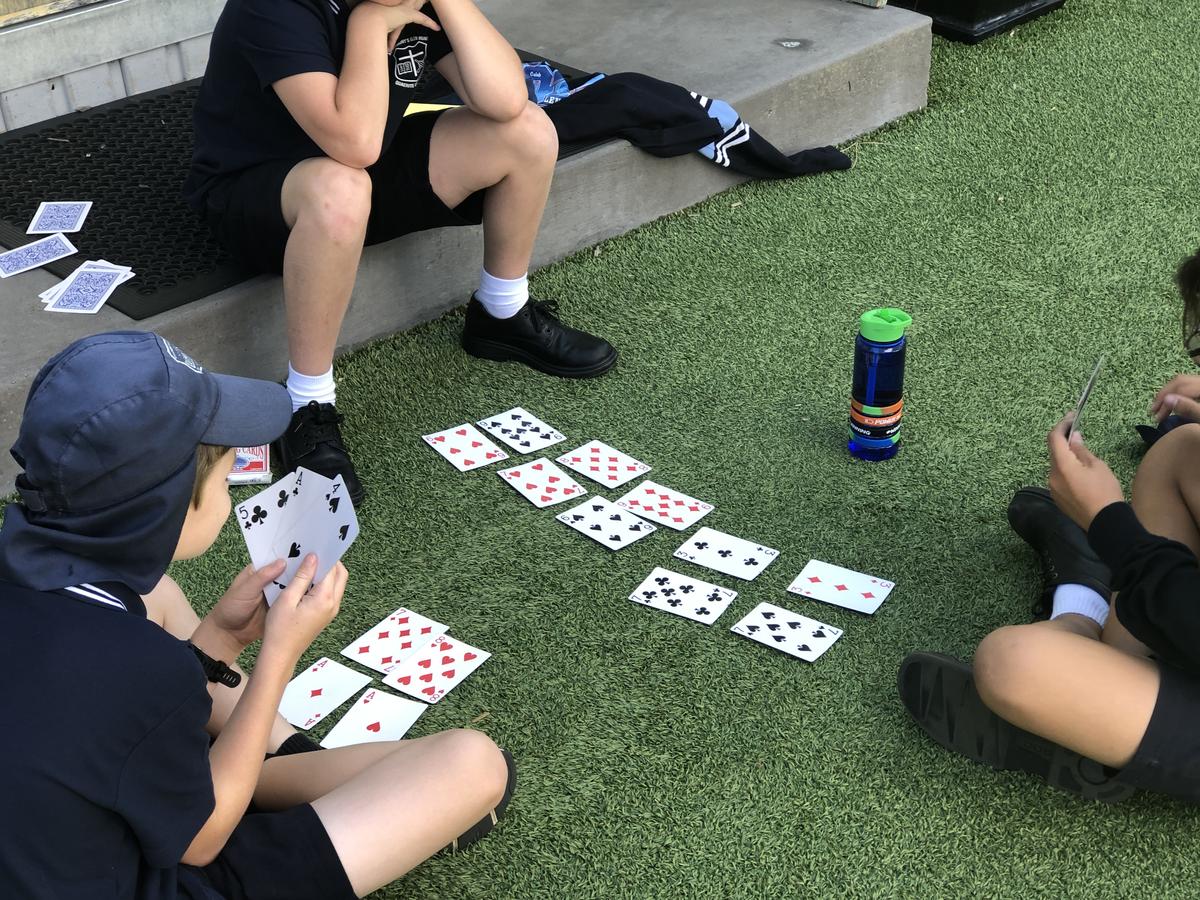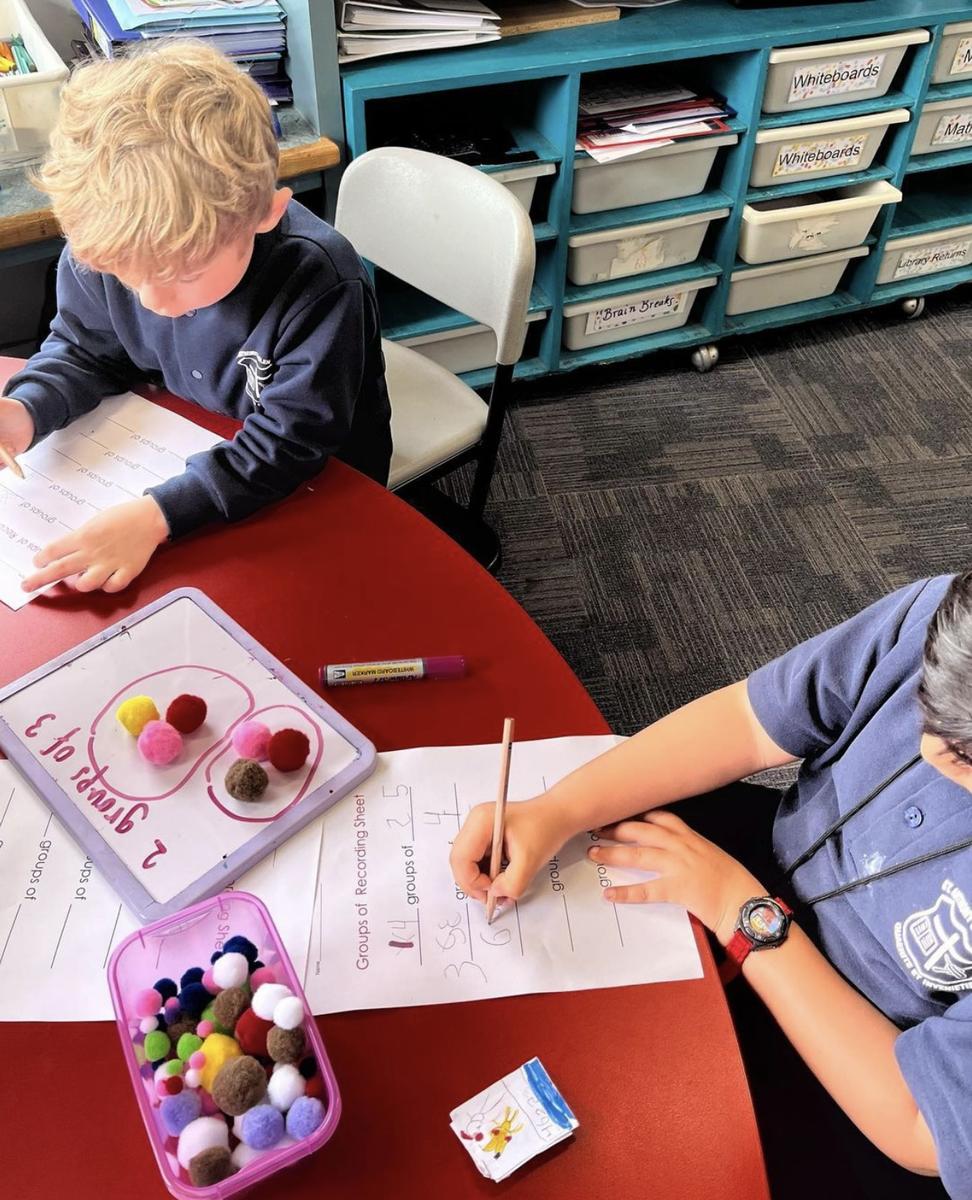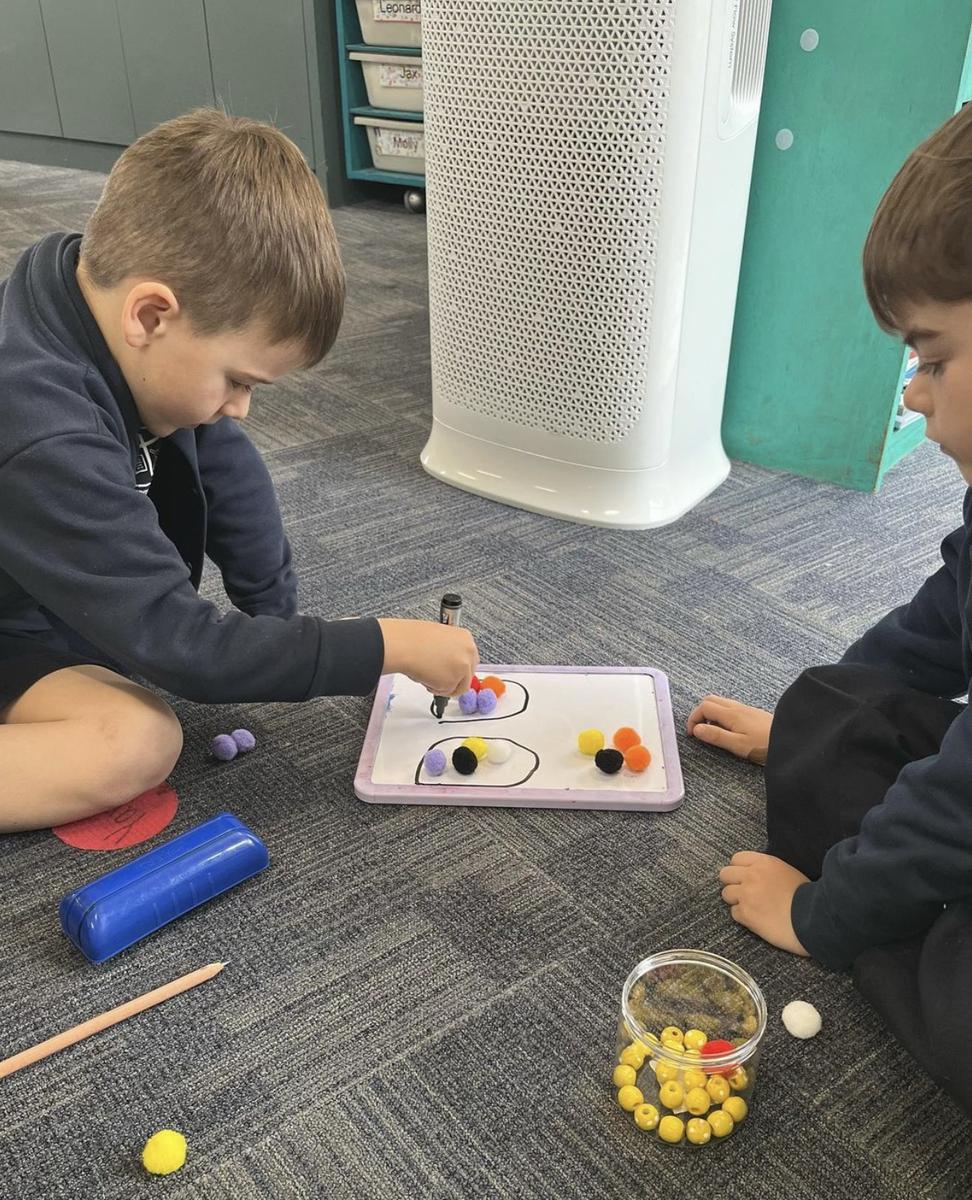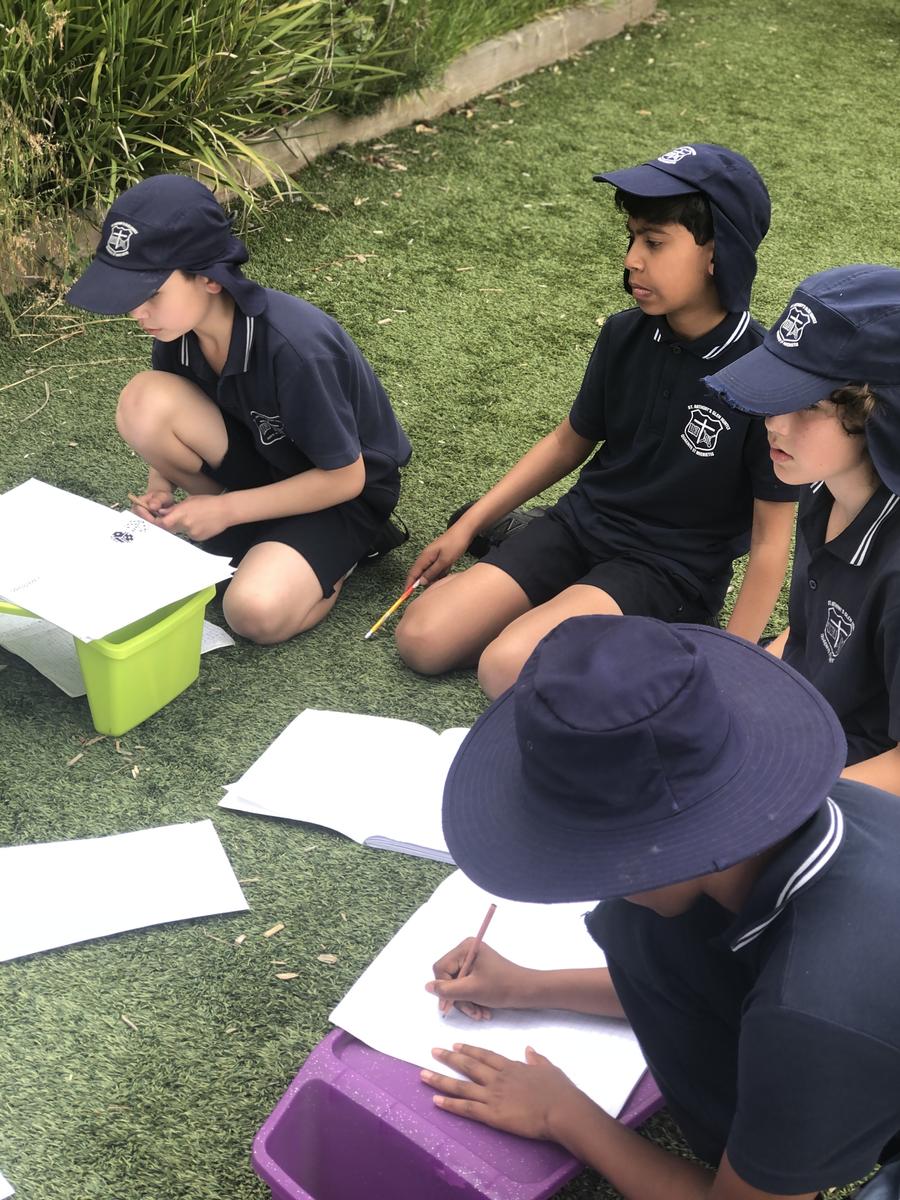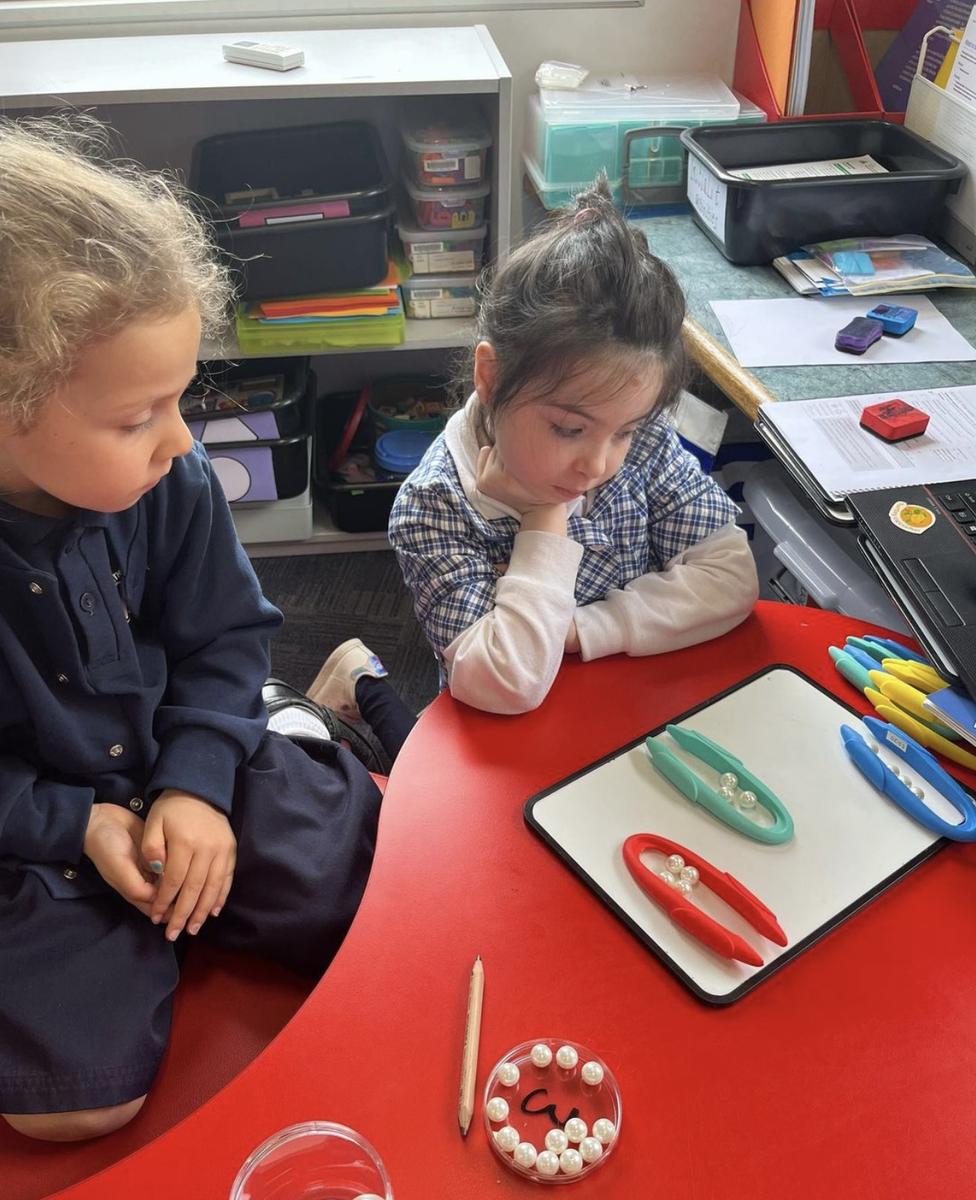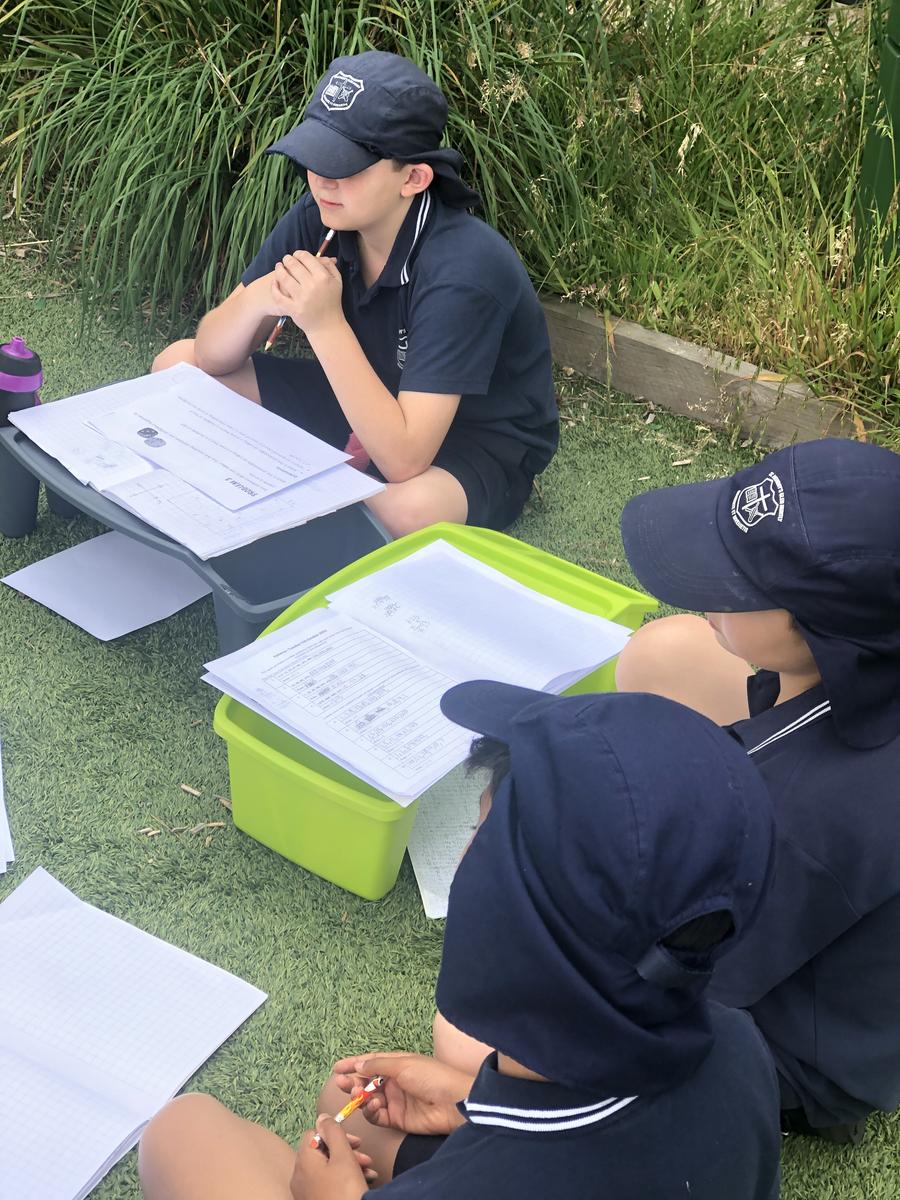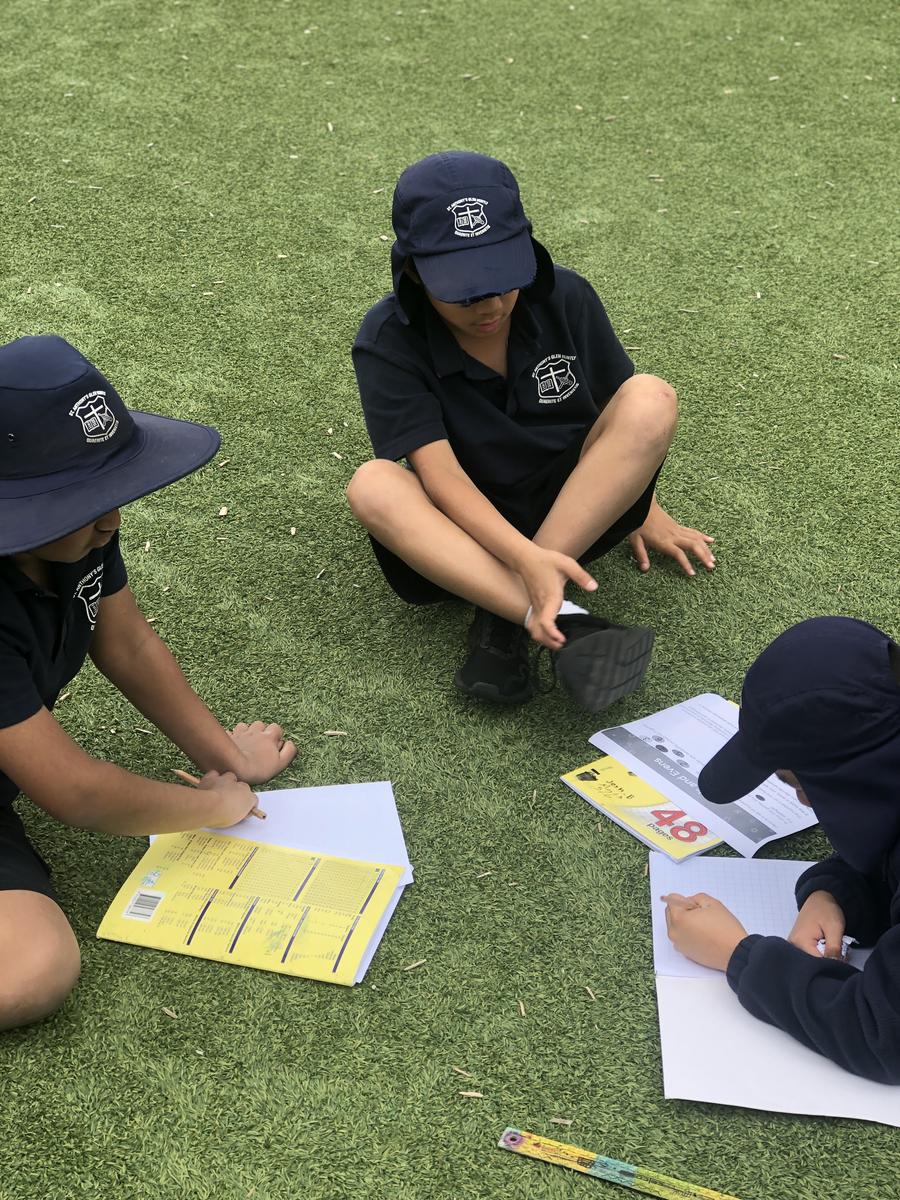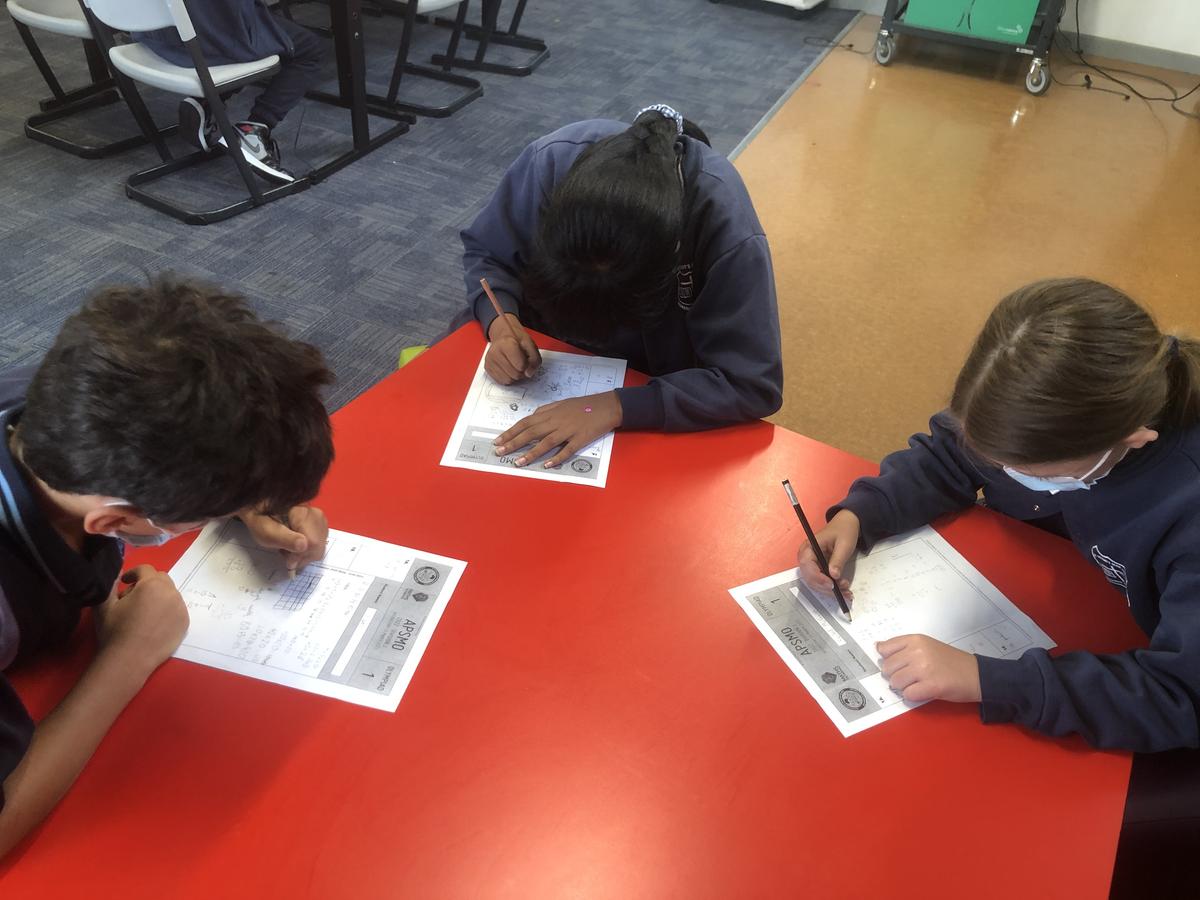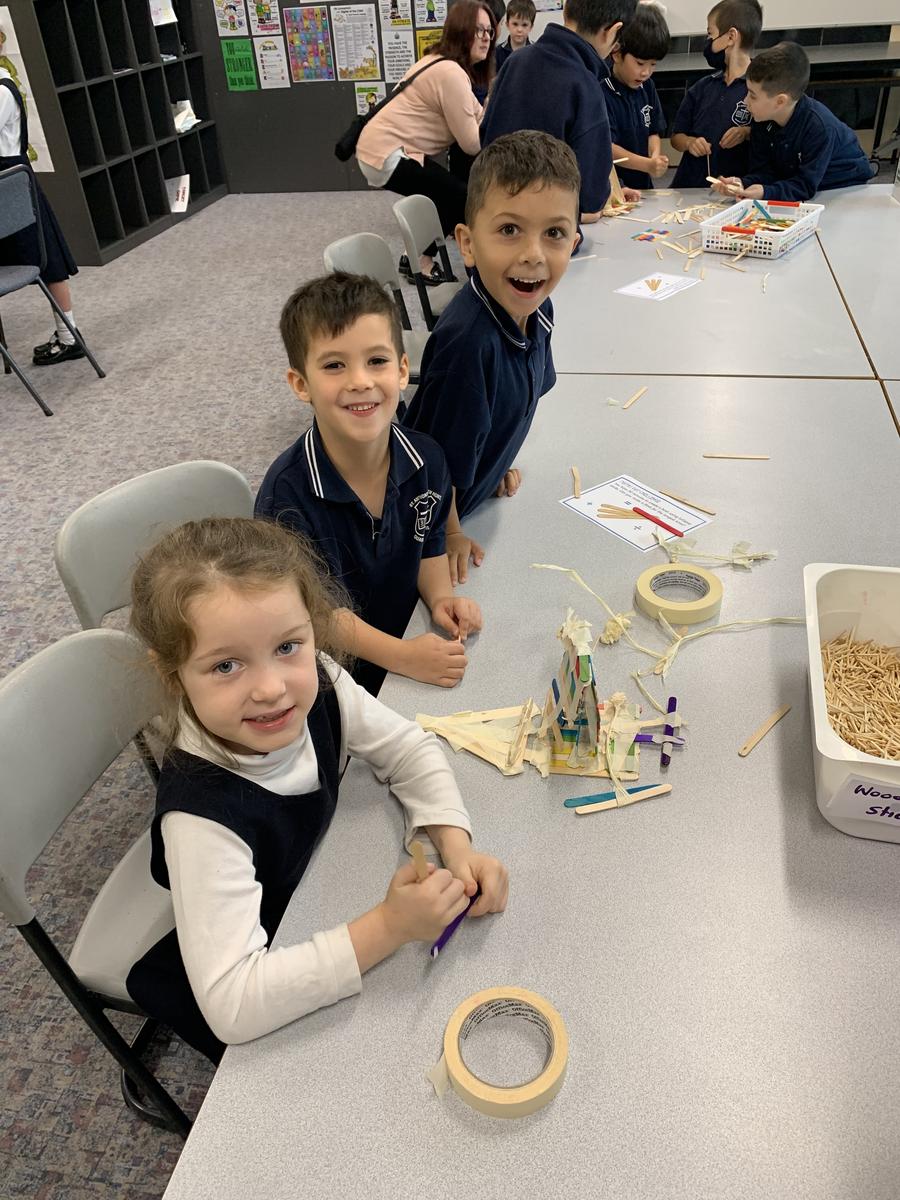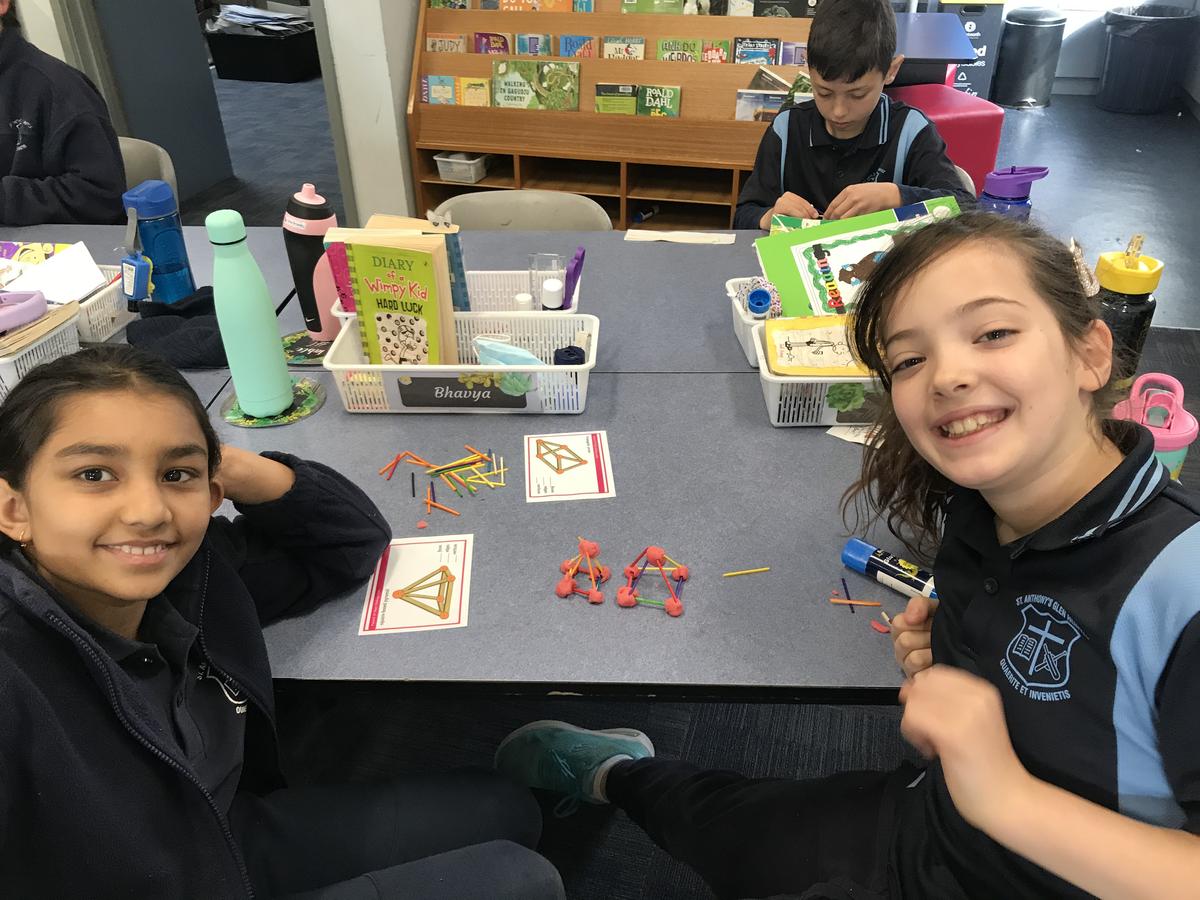Mathematics
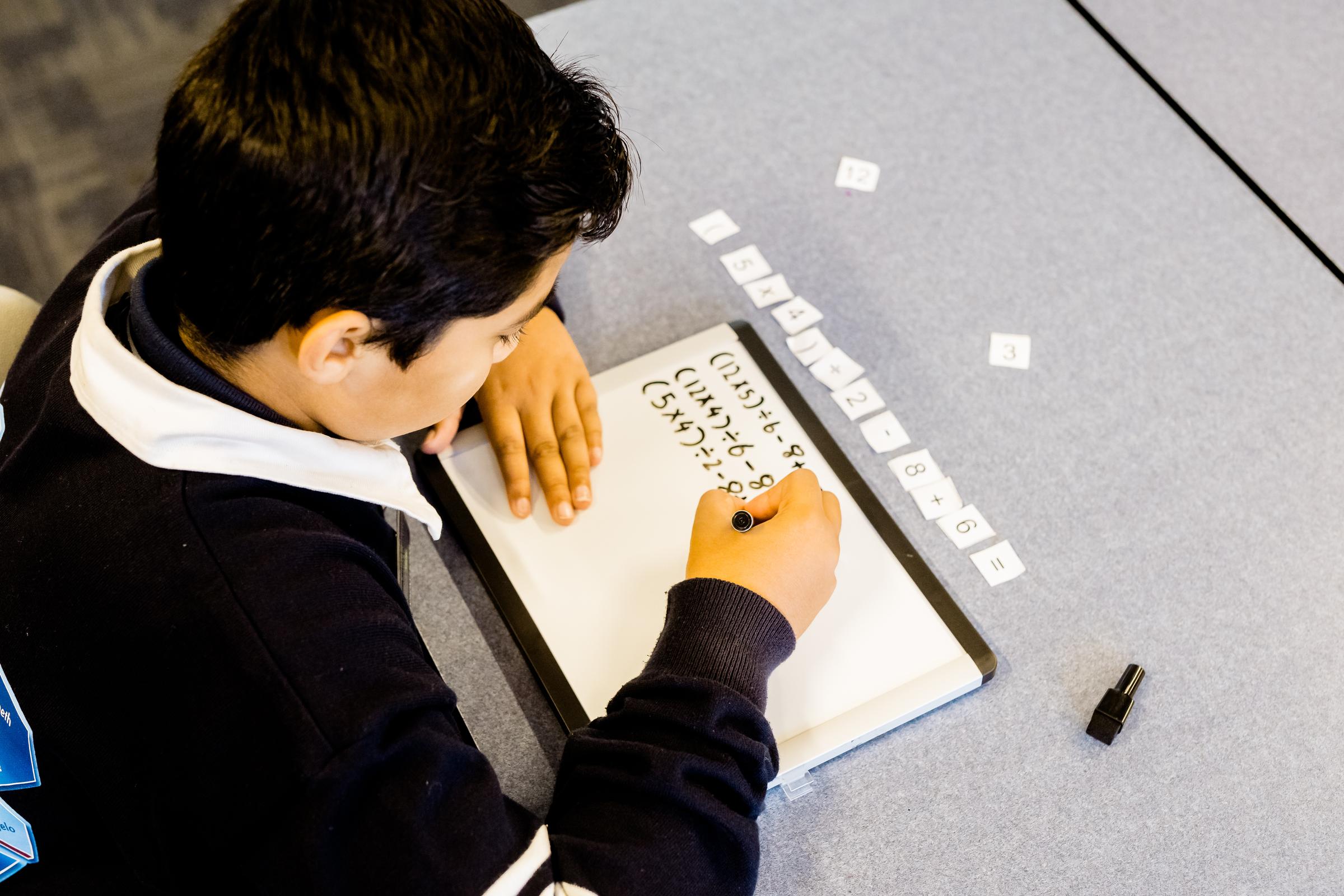
Mathematics in the classroom
What a year we have had! We are all so proud of the effort and achievements we have seen from all students throughout St Anthony's within the Mathematics curriculum. Our students have been challenging themselves to do their best, learn new things and keep a growth mindset when faced with challenging tasks!
Mathematics in the Holidays
It has been wonderful to see our students engaging in so many challenging and rewarding Mathematics tasks throughout this semester. As we approach the holiday period, it provides a wonderful opportunity to engage in real-life mathematics with your child. This helps put their learning in context and provides opportunities to consolidate learnt skills.
Some ideas for the holidays:
- in the outdoors - walk, talk, look and listen as a family. Practice counting (or skip counting) steps, finding numbers, shapes and patterns and mapping your path
- while on holidays - practice reading maps, investigating timetables and exploring elapsed time (for example, if a blockbuster movie begins at 11.40am and goes for 90 minutes, what time with the movie end?)
- At the shops - shopping provides regular activities which students can explore mathematical ideas that are both simple and complex. Young learners can find items on a shopping list, look for interesting shapes or number, or talk about the size and weight of objects. While older students can practice using money, calculating change and estimating costs of items.
- Engage in games - holidays provide the perfect opportunity to engage in board or card games where students can practice their reasoning and problem-solving skills.
Growth Mindset Approach
A Growth Mindset approach is the belief that intelligence can be learned and that your brain grows from effort, experience and persistence. The opposite, a fixed mindset, is the belief that you are either smart or you are not.
These holidays, focus on praising your child's efforts and their ability to persevere with challenges. When a person has a growth mindset approach, they accept challenges, see effort as worthwhile and are open to learning from mistakes.
Sometimes the simple act of adding 'Yet' to the end of a statement can change our thinking and approach e.g. instead of 'I do not know my 6 times tables,' consider 'I do not know my 6 times tables YET.'
One terrific way that you can support your child's growth mindset approach is modelling this yourself as you share parts of your day! (What did you learn today? What did you try hard at? What mistake did you make that taught you something? How did you persist when faced with a challenge?)
Melanie Norton
Mathematics Leader

